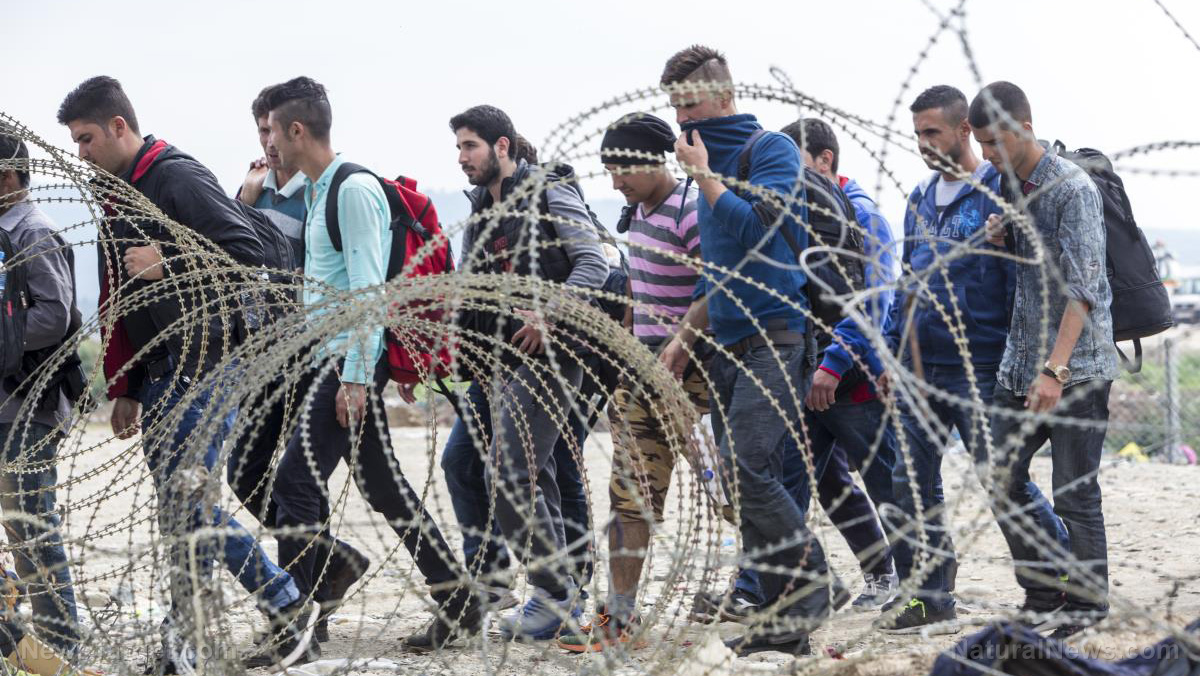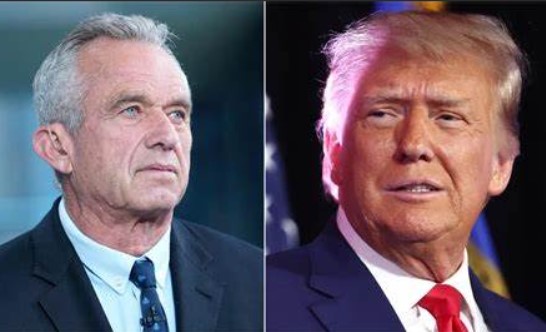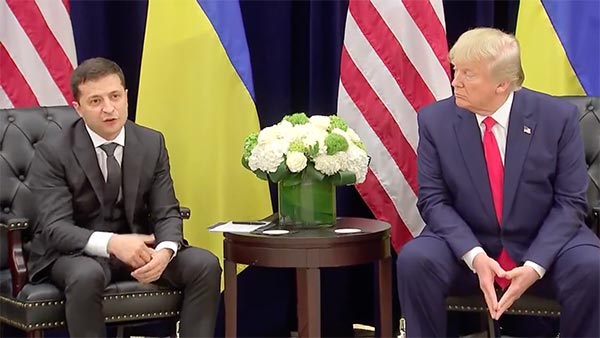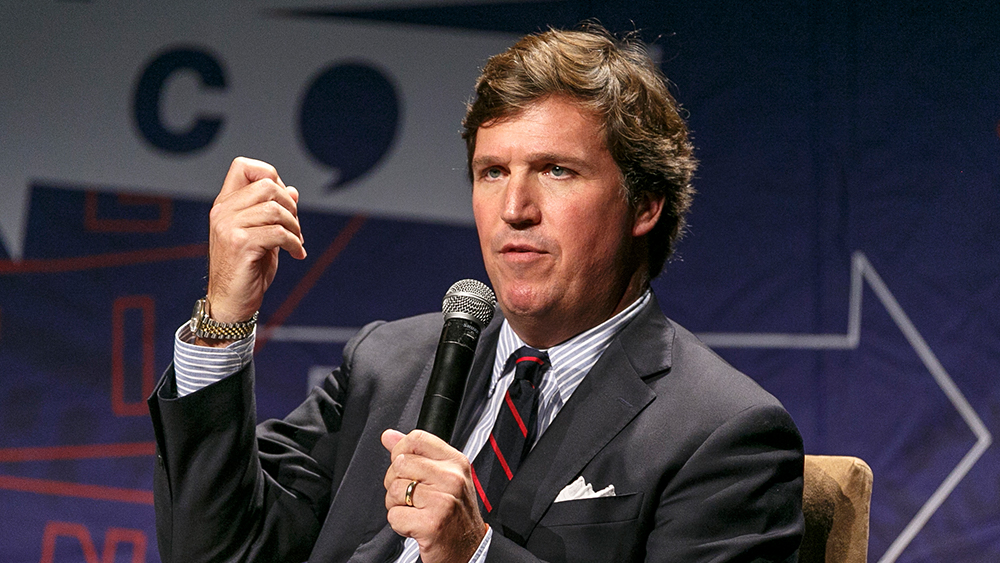
Key Points:
- The EU’s migration pact includes a relocation mechanism to redistribute migrants from Western Europe to Poland and other Eastern European nations.
- Poland, despite accepting hundreds of thousands of Ukrainian refugees, will not be exempt from accepting illegal immigrants under the pact.
- Critics argue the policy prioritizes EU labor market needs over cultural preservation, voter concerns, and social stability.
- Integration centers, funded by Polish taxpayers, are being constructed to accommodate incoming migrants, sparking fears of a “mass flood” of non-European immigrants.
- Countries refusing to accept migrants face fines of €20,000 per rejected individual.
Poland in the crosshairs
Professor Grosse, speaking on Radio Wnet, described the EU’s relocation mechanism as a deliberate strategy to offload migrants from wealthier Western European nations to Poland and other Eastern European countries. “The relocation mechanism was invented precisely to send these immigrants back to Poland, mainly from Germany,” he said. He criticized the EU’s liberal elites for perpetuating a “myth” that mass migration benefits the labor market, ignoring the social and economic costs of integrating newcomers.
Grosse also highlighted the EU’s refusal to grant Poland concessions, despite its significant role in hosting Ukrainian refugees. “The European Commission would not agree to any concessions for Poland,” he said, adding that the relocation mechanism was designed to ensure Poland would bear its share of the migration burden.
The migration pact not only formalizes the redistribution of migrants but also targets countries like Poland and Hungary, which have historically resisted large-scale immigration. Grosse explained that under the pact, Poland could be required to accept up to 10,000 migrants annually, with the potential for increased quotas during crises. “The establishment’s concept is to shift the costs of the ‘crazy migration policy’ from countries like Germany and France to the European peripheries,” he said.
Opposition figures in Poland warn that the construction of integration centers is a precursor to a larger influx of non-European immigrants. While the government claims these centers will serve as information and service hubs, critics argue they are part of a broader plan to accommodate mass migration.
Support for Poland and Hungary
Italian Prime Minister Giorgia Meloni has emerged as an unlikely ally for Poland and Hungary in their opposition to the EU’s migration policies. Speaking to reporters, Meloni acknowledged the challenges of achieving consensus on migration within the EU and expressed respect for Poland and Hungary’s efforts to defend their national interests. “I understand the stance taken by Poland and Hungary in defense of their interests,” she said, adding that the European Commission’s failure to provide financial support to countries overburdened with Ukrainian refugees had exacerbated tensions.
Meloni also warned of the dangers of uncontrolled migration, citing the recent riots in France as evidence of the social unrest it can provoke. “The alternative is ghettoization and radicalization of future generations,” she said, advocating for legal and controlled migration as the only path to successful integration.
As Poland stands at a cultural crossroads, the debate over the EU’s migration pact highlights a deeper tension between the ideals of a united Europe and the realities of national sovereignty. For critics like Professor Grosse, the pact represents not just a policy shift but a fundamental threat to Poland’s identity. “The voters of the peripheral countries are either unaware of the process or are expected to accept it with a smile,” he said, capturing the frustration of those who feel their voices are being ignored.
Can Europe balance its humanitarian obligations with the need to preserve the cultural identities that define its nations? Is mass migration being weaponized to take down sovereign European nations?
Sources include:
Please contact us for more information.


















